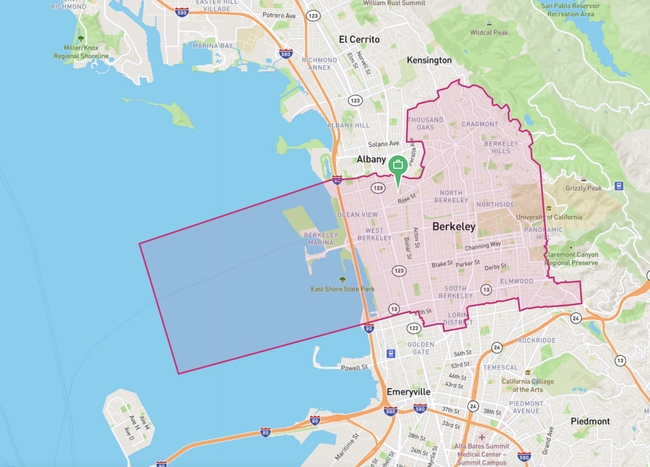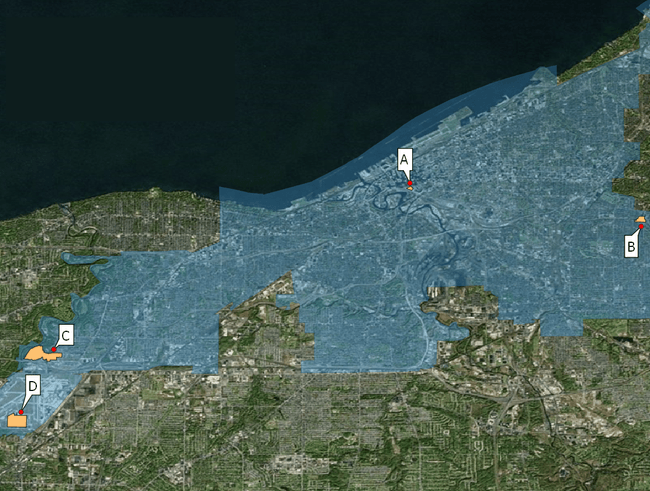What is reciprocity?
Reciprocity is an agreement between two states that allows residents of one state to request exemption from tax withholding in the other (reciprocal) state.
First, a little background information: Almost every single state that imposes a personal income tax requires that the tax be paid on all income earned in the state, including income earned by nonresidents. nonresidents generally have to pay this income tax by filing a nonresident income tax return with the state, and a regular annual tax return for all income earned (if any) in the state in which they live. These tax returns include all income earned, regardless of where it was earned. Usually, residents can take a credit on the return for their state of residence for taxes paid to other states.
As you can imagine, this is not ideal for taxpayers to have a double burden. To combat this, many states have entered into state tax reciprocal agreements. “Reciprocity” is usually used in terms of this type of agreement, which allows residents of one state to request exemption from tax withholding in another state. A reciprocal agreement is made between two states’ governments.
The combination of nexus and reciprocity helps employers determine whether or not to withhold taxes from employees’ paychecks. If an employer does not have nexus with an employee’s state of residence, but there is a reciprocal agreement between the two states, then the employer must honor the reciprocity agreement and not withhold income tax for the state where the employee works. However, the employer is not obligated to withhold income tax for the state where the employee lives because the employer does not have nexus with the resident state (the employee in this scenario would have to make estimated tax payments.)







